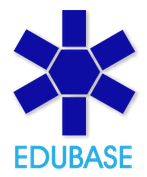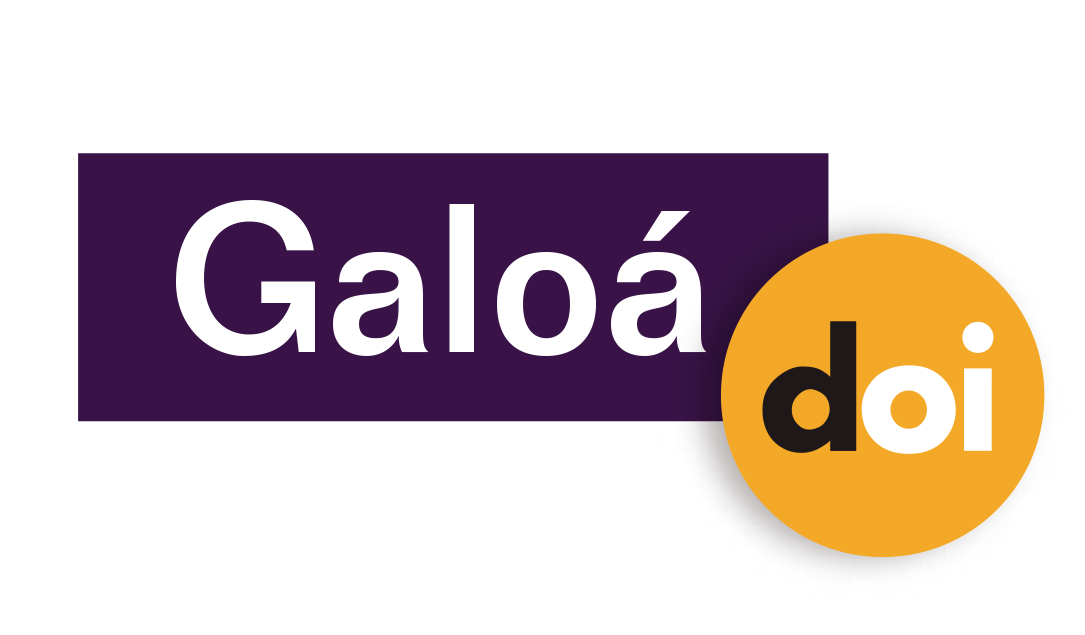The importance of Problems-Solving in calculating derivatives in Higher Education
Resumo
Background: The need to use different methodological strategies to approach the contents of Higher Education Calculation, aiming at teaching that allows the development of skills related to reading, interpretation, use of procedures and strategies and ways to express one's reasoning in Mathematics, led to the study on the teaching of Derivatives content, using the Problem-Solving methodology. As a theoretical subsidy on the topic of Problem-Solving, the studies of Polya (1995), Dante (1998) and Onuchic and Alevatto (2004) were used. Objective: To investigate the contributions of the use of the methodology of problem-solving in the discipline of Applied Mathematics of the Architecture and Urbanism course, aiming at the integral formation of the student relating the theory to practical situations. Design: The research had a qualitative methodological approach in which it was intended to understand and analyze how the academics participating in the research developed the proposed activities involving the content of Derivatives through Problem-Solving. Setting and participants: The research was carried out with twenty-two academics from the Architecture and Urbanism Course at Centro Universitário Luterano de Ji – Paraná, located in the state of Rondônia (Brazil). Data collection and analysis: An experiment was carried out with a group of academics from the Architecture and Urbanism Course at Centro Universitário Luterano de Ji – Paraná / RO. The data analysis was done through the written records of the students and the observations of the professor / researcher. Results: The results indicate that the didactic activities contributed to the understanding and development of the Derivatives content, as well as allowing the critical analysis of the academics regarding the resolution of problem situations. Conclusions: It is understood that the use of problem-solving methodology in Higher Education should be encouraged for the development of mathematical content, in order to enable academics to develop the theory, have autonomy, work in groups and develop strategies for solving problems. problems.
Palavras-chave
Higher Education; Problem-Solving; Derivatives
Texto completo:
PDF (English)DOI: https://doi.org/10.17648/acta.scientiae.6208
Apontamentos
- Não há apontamentos.
Direitos autorais 2020 Nilton de Araújo Ribeiro, Clarissa de Assis Olgin

Esta obra está licenciada sob uma licença Creative Commons Atribuição 4.0 Internacional.
ANÚNCIOS
Informamos que, a partir de outubro de 2025, devido ao grande número de artigos na fila de submissão, está suspenso o aceite de submissões. Rebriremos em fevereiro de 2026.
Mais, informamos que sites fraudulentos, https://periodicos-ulbrabr.org e https://periodicos-ulbrabra.org, estiveram se passando pela Acta Scientiae, utilizando nosso nome e identidade visual e até solicitado taxas de APC, que nós não cobramos. Aconselhamos cautela para evitar serem enganados por sites semelhantes.
Conceito A2 na Capes(2021)
Índice h5 do Google Scholar: 13
Índice mediana h5 do Google Scholar:24
eISSN: 2178-7727
Indexações:
A Acta Scientiae é indexada em: | Scopus |  | Latindex |  | Edubase (SBU/UNICAMP) |
 | Sumarios.org |  | Google Scholar |  | Portal LivRe (CNEM) |
 | Journals for Free |  | REDIB |  | Galoá DOI |

Todos os trabalhos publicados aqui estão sob uma licença Creative Commons - Atribuição 4.0 Internacional.
